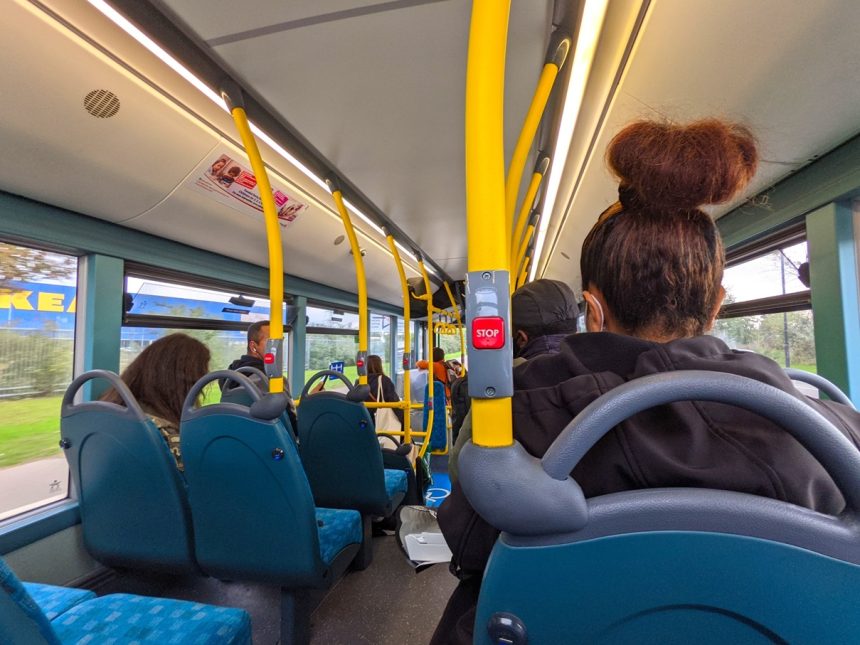The Bus Services (No. 2) Bill – currently making progress – includes powers to mandate training of bus drivers in identifying, responding to and where possible preventing antisocial behaviour and crime including violence against people (particularly women and girls), and in the support of disabled passengers.
It may be no coincidence on the latter that strengthening drivers’ responsibilities around proper use of vehicle-mounted access aids is among proposed amendments to the Senior Traffic Commissioner’s statutory document governing driver conduct. Any responsible operator will already ensure that drivers are aware of those obligations.
Similarly, few would argue against a zero-tolerance approach to antisocial behaviour and crime against people aboard buses. The content of the training referenced in the Bill is yet to be revealed; all that is known so far is that it will be developed with bus industry input.
What must be recognised concurrently is how training drivers is only one part (albeit an important one) of tackling those issues. And both clearly are matters that will already serve as reasons not to use buses for some potential passengers.
The general antisocial behaviour on buses conundrum is already well-explored in Scotland, where free travel for under-22s has often been blamed.
The matter has reached a Scottish Parliament, such is its seriousness, but firm steps from Holyrood on dealing with it seem lacking. A Scottish Greens MSP believes that conditions of concessionary fare reimbursement should include a requirement for operators to tackle antisocial behaviour.
There is no room for any silo-based approach. Work must be in partnership, including with police forces. ‘Travel safe’ officers already form a growing part of the landscape. Provision in the Bus Services Bill for local transport authorities to “effectively enforce against antisocial behaviour and fare evasion on their bus networks” is a good starting point.
Alongside stakeholders, the bus industry has already done good work; Stagecoach East is prominent with its ‘safe spaces’ initiative that forms part of an extension of existing driver training.
Existing policies should feed into government work on developing the training requirement that will come with the Bus Services Bill. Local transport minister Simon Lightwood suggests that they will. The foundations are there, but they must be taken forward and – most importantly – activated in practice.
Nevertheless, the bus driver is only one part of tackling these issues. They are already in an exposed position. They have a part to play, but if they are not backed up with the necessary measures and support, the training requirement is unlikely to have a huge effect.



























